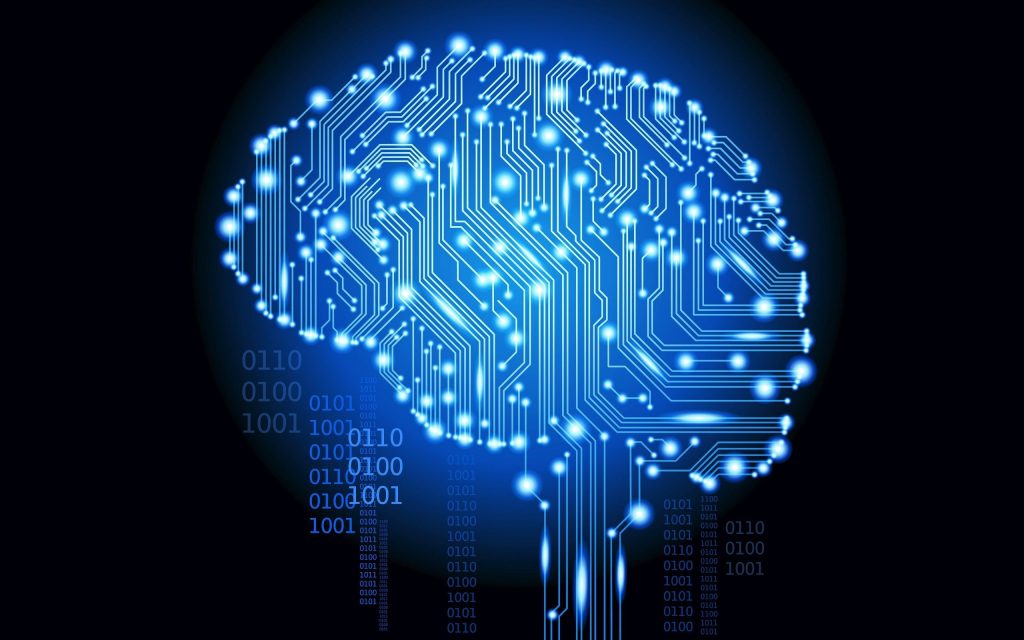DARPA Program Applies Neuroscience to Machine Learning

The Lifelong Learning Machines (L2M) program, a recent program from the Defense Advanced Research Agency or DARPA is funding the development of new machine learning systems that can learn continuously, adjust to new changes and apply previous knowledge to new situations.
“The L2M program’s prime objective is to develop systems that can learn continuously during execution and become increasingly expert while performing tasks, are subject to safety limits, and capable of applying previous skills and knowledge to new situations, without forgetting previous learning,” said Dr. Hava Siegelmann, program manager in DARPA’s Information Innovation Office (I2O).
The L2M program was announced first in 2017 and supports more than 30 performer groups via grants and contracts of different duration and size. The group from the USC Viterbi School of Engineering was recently mentioned for the development of a bio-inspired robotic limb based on an algorithm that can learn on its own. These results are also outlined in an article on the March cover of Nature Machine Intelligence, titled “Autonomous functional movements in a tendon-driven limb via limited experience”.
A recent addition to the L2M program is represented by a multidisciplinary group from the Georgia Institute of Technology, which for two years will study how to improve machine learning performance by leveraging state-of-the-art neuroscience. The team, led by School of Computer Science Professor Constantine Dovrolis, Georgia Tech Research Institute Senior Research Scientist Zsolt Kira, Georgia State University neuroscience Professor Sarah Pallas, and Emory biology Associate Professor Astrid Prinz will collaborate to address the five goals of the L2M project: Continual learning, Adaptation to new tasks/environments, Goal-driven perception, Selective plasticity, and Monitoring and safety.
In a recent interview, prof. Drovolis said, “…the brain is really the only example of general intelligence we have, and it makes sense to take that example, identify its fundamental principles, and transfer them to the computational domain,” which perfectly summarize the main motivation for this research and its potential applications.

